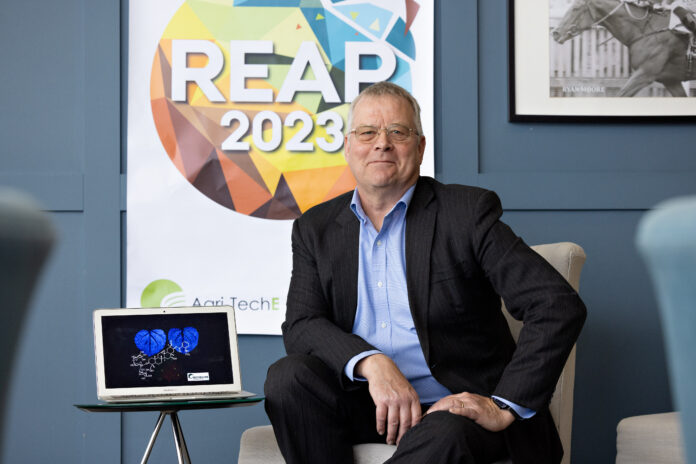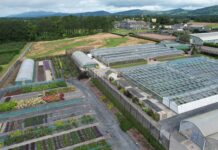Some of the most potent drugs known to mankind are produced by plants, but issues such as accessing source material from rare plants and modifying the complex chemicals have meant they have been largely abandoned by the drug discovery industry. This challenge has been overcome by HotHouse Therapeutics’ technology, which enables any naturally occurring medicinal compound to be reproduced by a host plant, creating a high value crop for Controlled Environment Agriculture.
HotHouse Therapeutics was a spin-out from the laboratory of Professor Anne Osbourn OBE FRS at the John Innes Centre, following a breakthrough in understanding the biosynthesis of the vaccine adjuvant QS-21, used in vaccines for Covid 19, malaria, shingles and RSV. It is one of the early-stage companies presenting in the Agri-TechE REAP 2023 Start-Up Showcase.
Adjuvants boost the immune system and are a critical component of all vaccines but only a few have been approved by the US Food and Drugs Administration. QS-21 is currently extracted from the bark of the Chilean Soapbark Tree and a single gram of the pure material costs more than $100,000. However, the tree bark also contains even more potent molecules that are present in such tiny amounts that they cannot be extracted at commercial scale. With HotHouse Therapeutics’ technology, these hyper-potent molecules can be synthesised in a biofactory, removing the need for extraction from wild trees and addressing a significant unmet need in the vaccine industry.
Martin Stocks, co-founder of HotHouse Therapeutics, explains: “HotHouse Therapeutics has the capability of isolating and reconstructing the entire biosynthetic pathway for any metabolite/chemical that is made by any plant or other organism.
“We can produce a compound of interest in our plant biofactory and modify the pathway to improve its properties.
“Plants have all the background chemistry and metabolic diversity to accept and operate biosynthetic pathways from other plants, animals, and microbes, making a plant remarkably flexible in its capabilities.”
The company will be bio-engineering new high-potency adjuvants, alongside other projects to produce and improve other molecules with potential anti-inflammatory and anti-cancer activities.
Martin continues: “We imminently expect to close our seed funding round of more than £2.5m from a consortium of UK venture capital investors.
“The endgame for HotHouse Therapeutics will be the generation of novel plant-produced drugs, probably made in specifically engineered plant lines. Such lines will require secure, contained facilities to grow the biomass needed for drug production.
“We are considering the potential of hydroponics and vertical farming in the manufacture of our products. We are interested in engaging potential partners in this space and accessing development funding to explore routes to viable and sustainable production systems.”
Read more about Professor Anne Osbourn’s research at jic.ac.uk/people/anne-osbourn/.
Find out more about REAP at reapconference.co.uk.








